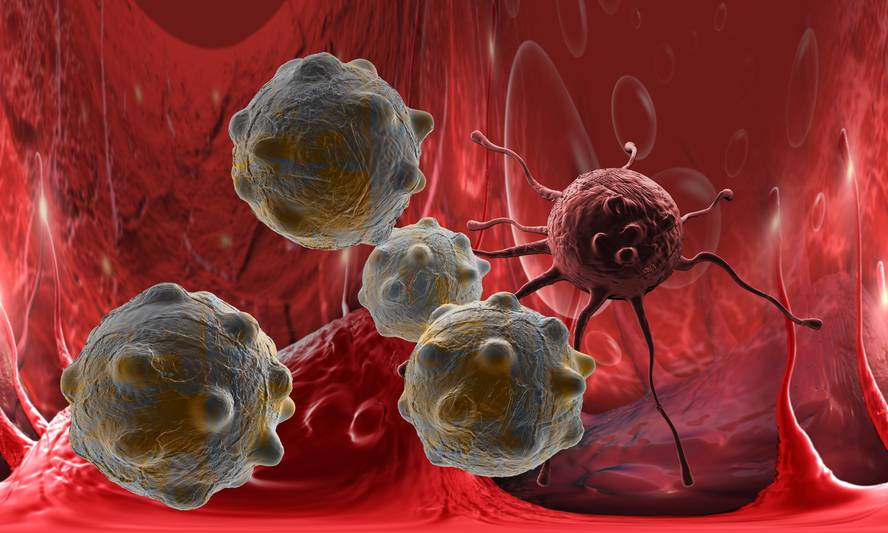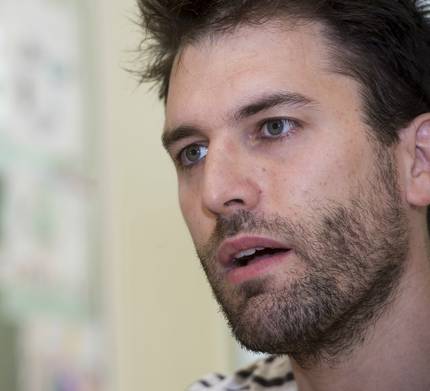Mitochondria do not completely shut down in cancer cells
An international study has just identified an enzyme that participates in lipid synthesis and, if inhibited, stops prostate cancer metastasis in the mouse. This has highlighted the involvement of lipids in the growth and metastasis of cancer cells, showing that glucose is not the only cause. The metabolism of cancer cells is more complex than previously thought. The study has been published in the journal Nature Genetics.
In this work, CIC bioGUNE researcher Arkaitz Carracedo Pérez participated, who believes that this is another step in the global understanding of cancer cell feeding. “So far we have had a very simplistic vision. Historically, cancer cells have been considered to shut down mitochondria. Thus, by turning off the power generation plants, they stopped using this glucose for energy and destined it to create new cells. That is why they had, in some way, the capacity for continuous procreation.” The identified enzyme (PDC complex) is found in mitochondria. “The prospect of turning off mitochondria does not respond to the actual functioning of cancer cells.”
The enzyme identified not only works at the mitochondrial level. It also acts on the nucleus, increasing the expression of enzymes needed to synthesize lipids. These two independent pathways encourage the formation of cell membranes for cell growth and metastasis.
According to Carracedo, given the influence of the PDC complex on epigenetics, “we must overcome the simplistic vision we have had historically and understand what is the coordinated functioning of these cells, how they integrate the signals. In order to seek the most effective treatment, it is necessary to know the general perspective, since the resources used by cancer cells for growth are much more complex than we think.”
“In addition, we will have to take into account the incidence of obesity in cancer. In fat metabolism we already have many drugs that have been used in diseases such as diabetes and obesity. We can redirect these drugs to cancer treatment,” said Carracedo.
--> To learn more about cancer, read the interview with Arkaitz Carracedo: “Mutations and cancer are part of our life”







